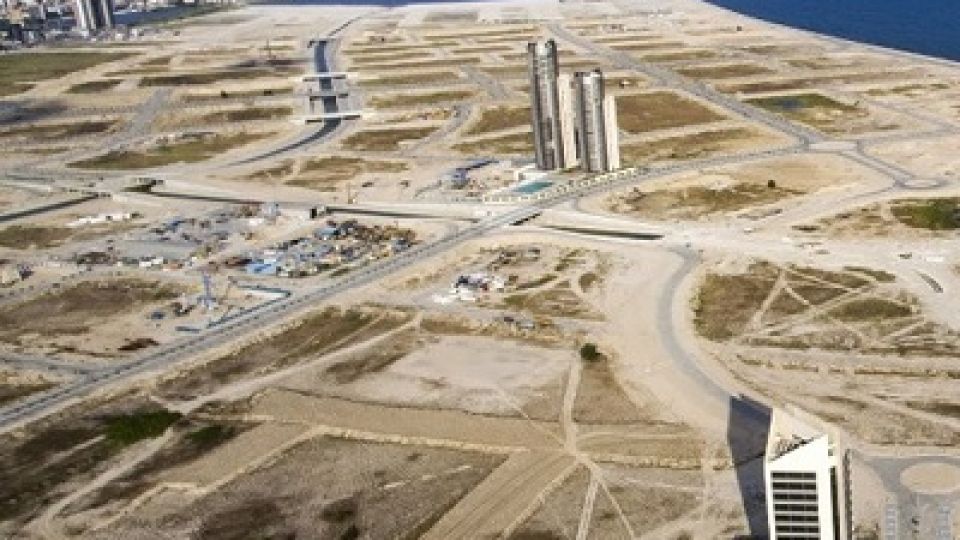from DION HENRICK in Cape Town
Western Cape Bureau
CAPE TOWN, (CAJ News) – AN expert believes African countries should consider using digital technologies to solve issues in existing cities instead of constructing new “smart cities”.
This comes amid authorities pledging to construct smart cities but failing to deliver because of high upfront infrastructure costs and socio-environmental complexities.
Prevailing economic issues including the 2008/09 global economic recession has exacerbated matters.
Sisonke Mgwebi, the Frost & Sullivan Consultant, noted amid the “wait” for smart cities, the continent’s population is burgeoning and cities across the continent experiencing increasing strain as people are moving into urban areas in droves, with a 44 percent urbanisation rate in 2021.
The consultant noted city officials suggest a start afresh in smart cities that use digital and ICT-based innovation to generate new economic opportunities and improve the efficiency of service delivery.
“In response, Africa had an ambitious first wave of smart cities announced before the 2008/09 global economic bust,” she said.
Among these proposed smart cities she mentioned are Konza Tech in Kenya, Eco Atlantic in Nigeria, Cité du Fleuve on an island in the Democratic Republic of Congo (DRC) and Kigamboni in Tanzania.
More recent announcements include Lanseria’s Smart City in South Africa, Akon City in Senegal and Elon Musk’s plans to build a US$20 billion smart city in Botswana, called Neo Gardens.
“The slow pace of development and high costs for new cities has left many of these developments dead in the water,” Mgwebi said.
She said the Cape Coast Green City project in Ghana is an example of an ongoing development that has received some praise but Modderfontein New City in South Africa is seen as an example of an innovative master plan reduced to a desolate development with pockets of suburbia.
“A pipeline of Smart City developments exists, but most projects fail due to financial, environmental and social complexities,” said Mgwebi.
She believes existing cities can leverage low-tech solutions or simple mobile apps to improve access to at-home healthcare, education, and inclusion into community safety groups or financial services, such as mobile money.
Cities can use advanced Fourth Industrial Revolution technologies to improve well-being by analysing big data to sustain biodiversity and improve natural disaster predictions, while creating robust food, water and waste management systems.
“It is callous to talk about advanced technologies, mobile devices, and sensors without considering the power issues across Africa,” Mgwebi said.
Thus, many areas would struggle to charge such devices consistently.
“Hence policies to encourage investments in renewable energy and smart grids are critical in helping the existing cities use digital technologies and reap the benefits of smarter cities.”
– CAJ News

